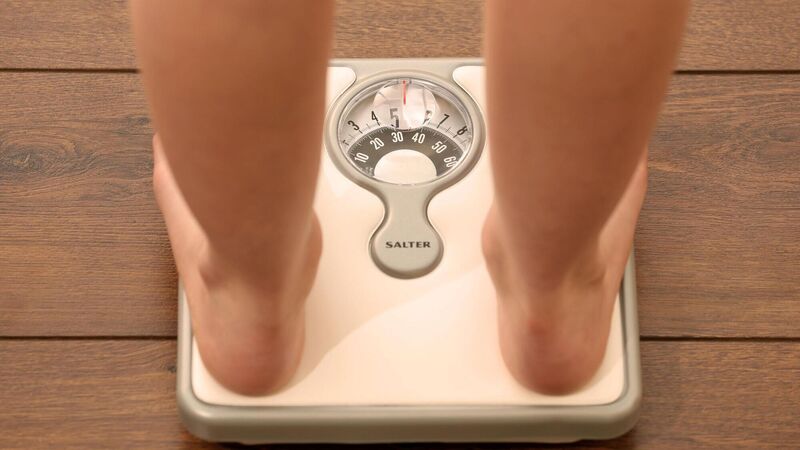Sarah Harte: There isn’t a light touch solution to tackle weighty issue of obesity

There’s no soft-soaping the fact that Eurostat figures reveal that we are one of the most overweight countries in the EU for both men and women.
Weight is a sensitive topic. Opinions differ on whether we ought to use the term obese or whether it should even be classified as a disease with a lack of consensus among medics on the issue.
Green Party deputy leader Róisín Garvey recently said that Irish children were overweight because they were “being driven to school from across the road.” Exercise is a weight factor, but people are overweight for diverse reasons. As the European Central Statistics office put it in a report last week, we live “in an obesogenic environment”.















